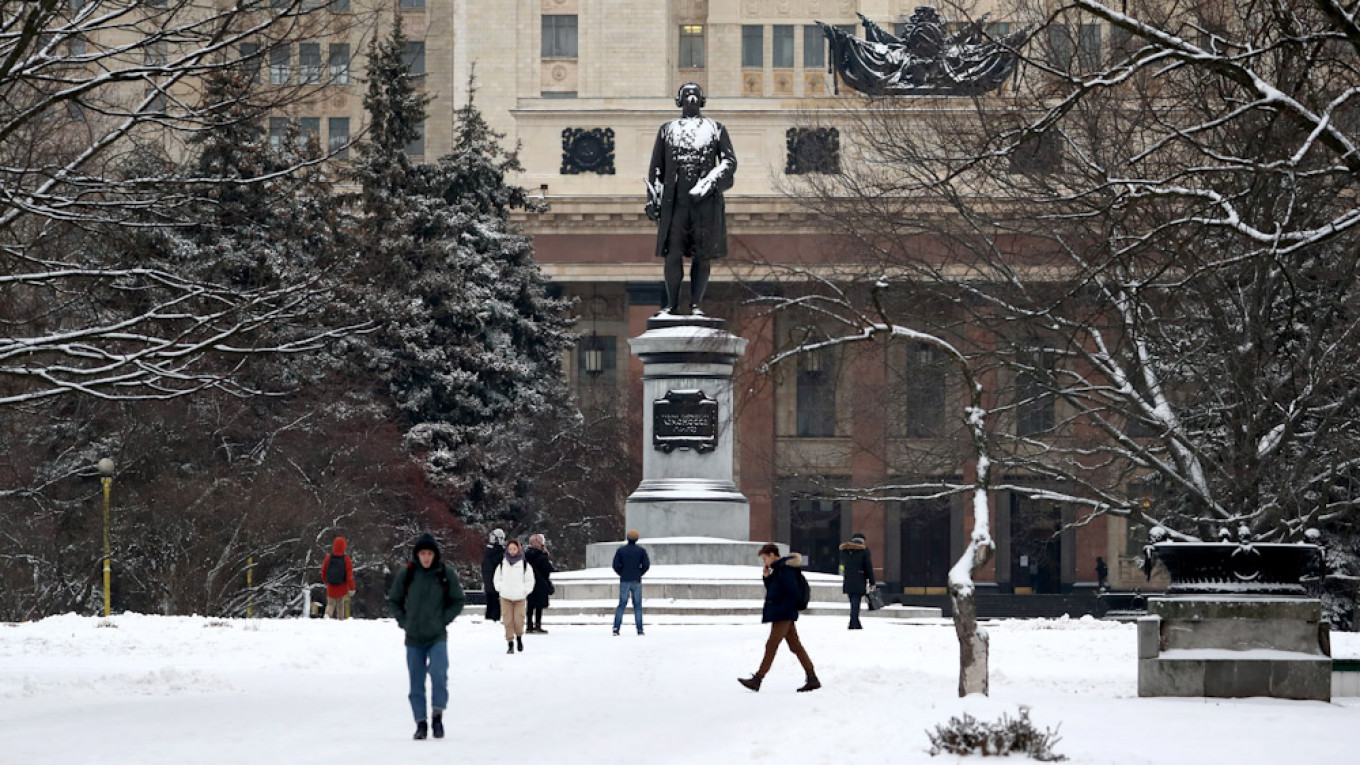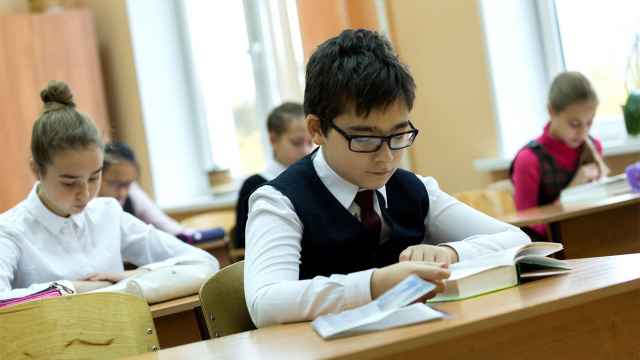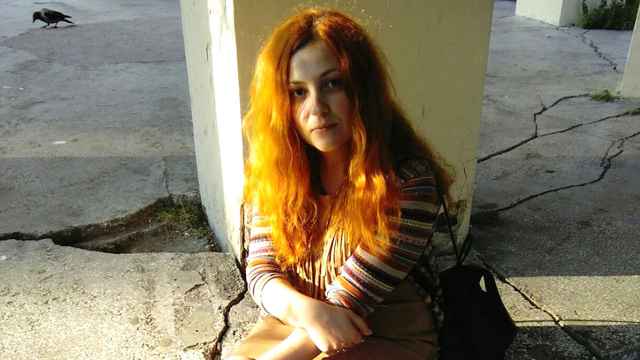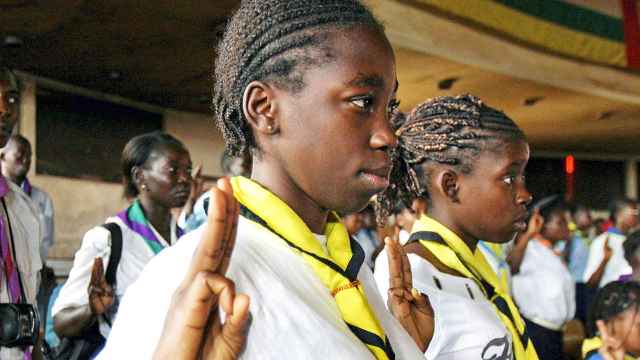Russian academics are warning that lawmakers seek to curb their freedoms with a new law that would require state permission for public outreach, the weekly journal Nature reported Monday.
Amendments to Russia’s education law advancing through the lower house of parliament, the State Duma, seek to stamp out “anti-Russian” influence in educational activities outside formal settings. Observers caution that government control could expand to online courses on YouTube, podcasts and popular lectures.
Nearly 220,000 people have signed a Change.org petition calling for the repeal of what it describes as restrictive amendments, while almost 1,700 Rusian academics have signed on to a declaration defying them. Prominent educators and the presidium of the Russian Academy of Sciences have urged lawmakers to repeal the measures they described as “prior restraint.”
“The proposed amendments are intolerably repressive,” Nature quoted Mikhail Gelfand, biology lecturer at Moscow’s Skoltech Center of Life Sciences and member of London’s Academia Europaea, as saying.
Scientists also decried a potential requirement to get government permission to sign a foreign partnership agreement. Similar restrictions on state scientists’ contacts with foreign colleagues have been scrapped amid heavy criticism last year.
“This is ridiculous, and I will not obey,” said Sergei Popov, a Moscow State University astrophysicist and author of the petition.
Alexandra Borisova, co-founder of the Russian Association of Science Communication, predicted that the amendments would have a chilling effect on scientists and academics’ public outreach activities out of fear of violating the law.
Kirill Dmitriyev, the head of Russia’s sovereign wealth fund, defended the bill, saying it would have “limited use” and “would not preclude typical collaboration that is part of regular scientific discourse and regular scientific operation.”
The second of three State Duma readings of the proposed amendments to Russia’s law on education has been postponed until later this month.
Once passed by the Duma, the amendments require upper-house approval and President Vladimir Putin’s signature to become law.
An string of Russian scientists and academics have faced charges of treason and espionage in recent years.
A Message from The Moscow Times:
Dear readers,
We are facing unprecedented challenges. Russia's Prosecutor General's Office has designated The Moscow Times as an "undesirable" organization, criminalizing our work and putting our staff at risk of prosecution. This follows our earlier unjust labeling as a "foreign agent."
These actions are direct attempts to silence independent journalism in Russia. The authorities claim our work "discredits the decisions of the Russian leadership." We see things differently: we strive to provide accurate, unbiased reporting on Russia.
We, the journalists of The Moscow Times, refuse to be silenced. But to continue our work, we need your help.
Your support, no matter how small, makes a world of difference. If you can, please support us monthly starting from just $2. It's quick to set up, and every contribution makes a significant impact.
By supporting The Moscow Times, you're defending open, independent journalism in the face of repression. Thank you for standing with us.
Remind me later.






